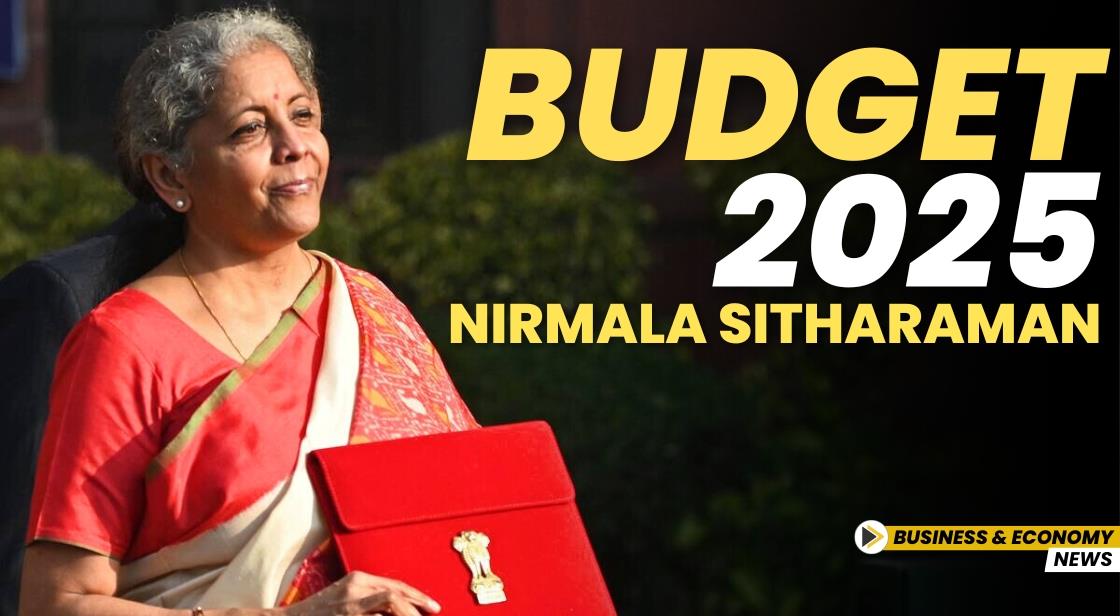Union Budget 2025 | India’s Blueprint for AI Leadership Balancing Innovation with Sustainability and Inclusivity

News Synopsis
Artificial Intelligence (AI) is transforming global economies, offering unprecedented opportunities for innovation, governance modernization, and economic expansion. However, the rapid pace of AI development presents unique challenges, such as significant environmental impacts and steep financial requirements.
India stands at a critical juncture, with the Union Budget 2025 offering an opportunity to position the nation as a global leader in AI by addressing these challenges strategically.
The Budget could play a pivotal role in aligning AI development with sustainability goals, empowering workforce reskilling, fostering startup ecosystems, and enhancing AI-driven governance.
Balancing AI’s Energy Demands with Sustainability
The rapid advancement of AI, particularly large-scale models, requires enormous energy consumption, posing significant sustainability challenges. India, whose energy production is 90% dependent on fossil fuels, is already a major emitter of greenhouse gases, contributing 2.65 billion metric tons of carbon annually.
The Union Budget 2025 may prioritize investments in renewable and nuclear-powered data center clusters, leveraging India’s ambitious target of 450 GW of renewable energy capacity by 2030.
By incentivizing green data infrastructure, India can align AI growth with its climate commitments. Additionally, initiatives such as zero-emission zones and fiscal benefits for data centers operating in these areas could be introduced to promote eco-friendly innovation.
Upskilling India’s Workforce for the AI Economy
With 65% of India’s population under 35 by 2025, the country will boast the world’s largest young workforce. However, 54% of workers globally need reskilling to remain relevant in an AI-dominated economy, as highlighted by the World Economic Forum.
To address this challenge, the Budget may expand AI-focused training initiatives under the Pradhan Mantri Kaushal Vikas Yojana, with a special focus on underserved communities. Integrating AI literacy into educational curricula, as emphasized in the National Education Policy 2020, can prepare India’s youth for emerging opportunities. This proactive approach would ensure that India’s demographic dividend translates into economic prosperity.
Bharat AI Governance Plan for Improved Service Delivery
Several nations, such as Singapore and Estonia, have leveraged AI to enhance governance through data-driven policymaking and citizen-centric services. While India’s National Center for Artificial Intelligence represents a strong starting point, further scaling efforts is essential.
The Union Budget 2025 may announce a ‘Bharat AI Governance Plan’, akin to the National E-Governance Plan, with dedicated AI-Mission Mode Projects (AI-MMPs) for key priority sectors. By allocating budgetary support to these projects, the government can enhance decision-making and service delivery. Furthermore, such measures will attract private sector investment, solidifying India’s position as a global AI innovation hub.
Nurturing Startups Through AI-Specific Incubators
India’s thriving startup ecosystem includes over 500 incubators, supported by government initiatives like the Atal Innovation Mission. However, the absence of AI-specific incubators limits startups' ability to solve India-centric problems in agriculture, education, and healthcare.
The Union Budget 2025 could allocate funds for the creation of AI-focused incubation centers that provide mentorship, grants, and resources to entrepreneurs. This move would catalyze the development of transformative AI solutions while driving economic growth.
Increasing Private Sector Investment in AI
India’s startup ecosystem, home to over 50,000 registered startups, attracted $11.5 billion in venture capital in 2023. Despite this success, AI-focused investments remain underwhelming.
The government could establish an AI Investment Lab to identify barriers and propose solutions to encourage private sector funding. Additionally, public-private partnership (PPP) models could bridge the investment gap and ensure high-impact AI projects receive the required financial backing.
Conclusion: Building a Sustainable, Inclusive AI Economy
The Union Budget 2025 offers India a crucial platform to establish itself as a global leader in AI. By addressing energy challenges, reskilling the workforce, fostering AI-driven governance, and nurturing startups, India can ensure that AI becomes a tool for economic growth, sustainability, and inclusivity. With strategic investments and forward-thinking policies, the country can create a more equitable future while achieving its innovation goals.
You May Like









